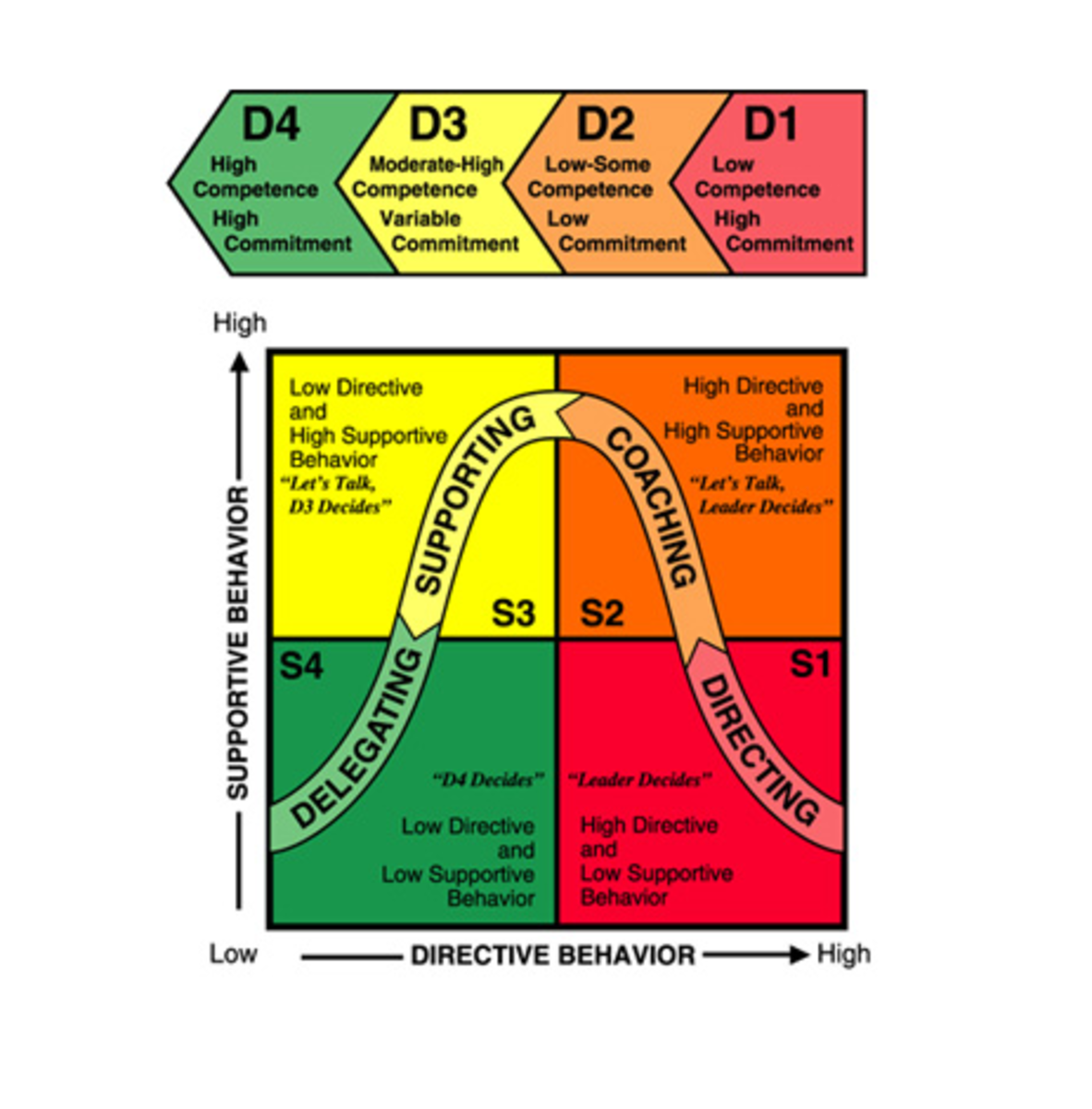The Difference between Transformational and Transactional Leadership

The Nature of Transactional Leadership
A transaction can be defined as an exchange between two parties. A customer walks up to a drink stand, asks for cold tea, pays for the drink, and leaves with the beverage in hand. The interaction is short. Neither the seller or the buyer are interested in investing in the other, they are simply focused on fulfilling their individual needs.
This example provides us with a picture of transactional leadership. Transactional leaders limit their interaction with followers to an exchange where the leader usually receives the greatest benefit. This type of leadership was seen often in the classical era or industrial era of leadership. During this time, leaders were focused on productivity. Results were important and the ability to make a stable profit was considered critical. Leaders in supervisory roles would push workers, trying to get as much out of the “work exchange” as possible.

Social Shifts Bring Changes to Leadership
In the 1970s, many social changes took place in America and this had a large impact on leadership. In 1978, leadership scholar James MacGregor Burns wrote Leadership, a book that would change the mindset of many leaders. He is the one who is responsible for developing many transformational leadership ideas.
Transformational leadership is completely different from transactional leadership. Rather than “abusing” of the followers by trying to maximize profit in an exchange, transformational leaders are interested in meeting the needs of their followers. Transformational leaders, as the name suggests have concern for bringing positive changes to organizations. These leaders focus not only on meeting the basic human needs of their followers, such as food, clothing, and shelter, but they also desire to help followers identify values and live for a higher moral purpose.
More than Making a Profit
Transformational leaders are actually concerned about morals: knowing and doing what is right. This focus on the part of leaders to implementing ethical values into organizations represents a big shift away from the headlong pursuit of productivity and profit that was commonplace in more traditional forms of leadership. Transformational leadership is about so much more than making money and turning a profit. It is the goal of transformational leaders to improve lives; to never be content with the status quo when things could be better.
What type of leader are you? Transactional or transformational? Are you invested in your followers? Consider how you can adapt your own leadership style and become transformational!
Learn More! Useful Leadership Links
- Transformational Leadership: How These Leaders Inspire and Motivate
Transformational leadership is a leadership style that leads to positive changes in those who follow. These leaders are described as passionate and enthusiastic. - Transformational Leadership
Transformational leadership is a process of transforming the organizational behavior, the culture and the individuals; simultaneously transforming the leader himself. - Leadership Theories: Three Types of Contingency and Situational Theories
Leadership is seen daily and in many different contexts, but rarely are the theories behind leadership behavior considered. This hub examines contingency theories and how they impact leadership styles








